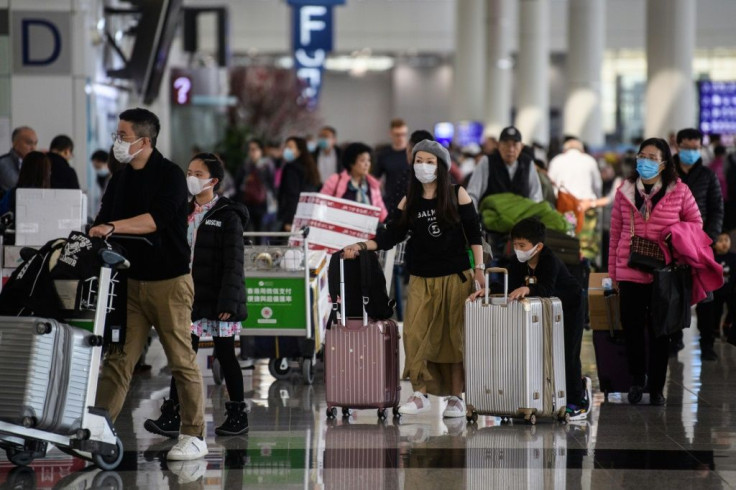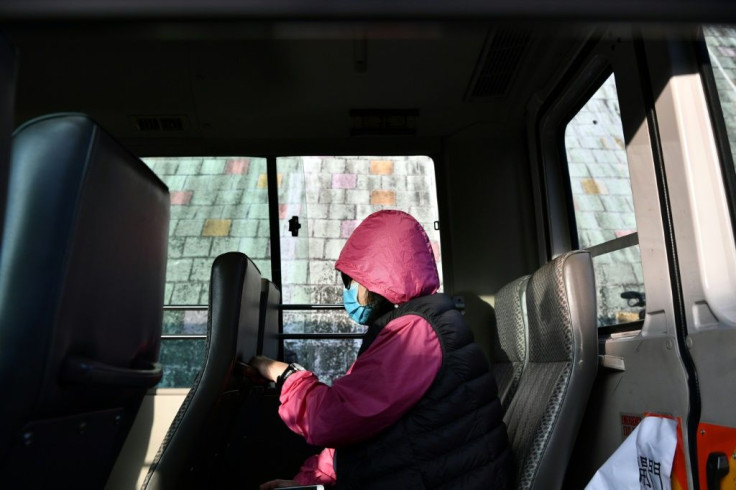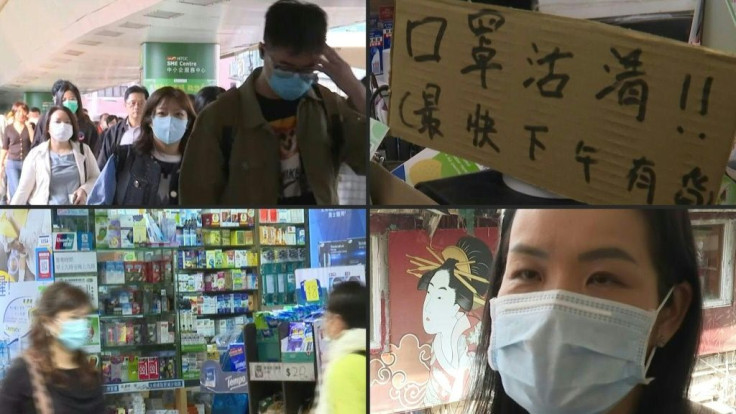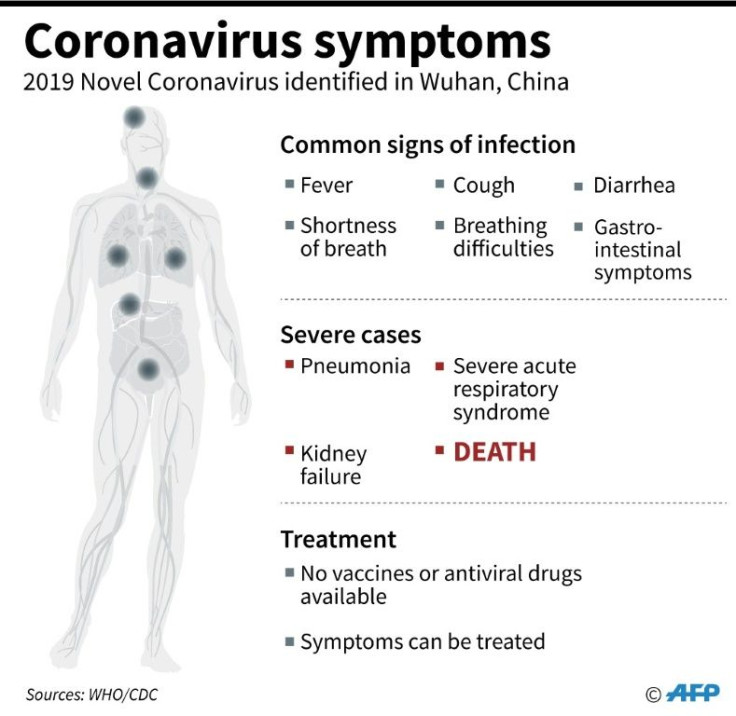Hong Kong Holiday Camps Become Quarantine Zones As Virus Fears Spike

Hong Kong has turned two holiday camps, including a former military barracks, into quarantine zones for people who may have come into contact with carriers of the Wuhan virus, officials announced Thursday.
The international financial hub has been on high alert for the virus, which has killed 17 people since the outbreak started in central China.
The same sites were used as quarantine facilities during the deadly Severe Acute Respiratory Syndrome (SARS) outbreak 17 years ago.
Nearly 300 people in Hong Kong were killed by SARS, a tragedy that left a profound psychological impact on one of the most densely populated places on earth.
So far, two people in the city have tested positive for the new coronavirus -- which is similar to the SARS pathogen. Both had visited Wuhan in recent days and are being treated on isolation wards in hospital.
On Thursday evening Hong Kong officials cancelled a five-day Lunar New Year festival in a public park that had been due to open on Saturday.
The gambling hub of Macau -- hugely popular with mainland tourists -- also confirmed two cases this week, and earlier on Thursday Macau's tourism bureau announced it was cancelling all official Lunar New Year celebrations in response.
City officials also announced two parks usually used by campers and holidaymakers had been prepared to isolate any potential cases while they await test results.

"We will have a full team of staff to operate the quarantine camps," Wong Ka-hing, the director of the Centre for Health Protection, told reporters.
Wong said three people who had come into close contact with the two confirmed cases would be taken to a camp in rural Sai Kung district.
Another holiday camp, a former British military barracks on Hong Kong island, was being prepared to serve as a quarantine facility.

Local news network RTHK said one of the first people to be transported to the quarantine site in Sai Kung was an Australian visitor who had stayed at the same hotel as a man who tested positive for the virus.
"I feel so good right now," RTHK quoted the unidentified man as saying.
When asked what he had been told about why he was being placed in isolation, the visitor replied: "I have no idea why. I was just living in the hotel."

An AFP photographer saw a woman in a face mask being brought into the camp in the back of a minibus but she declined to answer questions.
Those who test positive for the Wuhan virus will then be treated in isolation wards at the city's hospitals, but the holiday camp quarantine zones will lower the risk of the virus spreading while people await results.
The same system was used during the SARS outbreak, which dramatically transformed Hong Kong into a place where the population is now far more conscious of contagion and hygiene standards.
Door handles, elevator buttons and escalator handles in the city's myriad skyscrapers and metro stations are routinely sterilised multiple times a day, while an unguarded sneeze on the crowded subway can cause neighbouring commuters to scramble for distance.
Surgical face masks are ubiquitous, not just in the winter flu season, with many shops selling out in recent days.
Hong Kong's difficulties in battling SARS were compounded by the veil of secrecy that surrounded the outbreak on the authoritarian mainland.
But officials insist they are more prepared than 2003 and say Chinese authorities are being much more transparent with data.
Nonetheless, suspicion of the mainland remains high in Hong Kong, especially as it convulses with anti-government protests sparked by fears Beijing is eroding the city's unique freedoms.
All passengers coming to Hong Kong via high-speed rail link will have to fill out health declaration form and trains will be disinfected on arrival, Chief Secretary Matthew Cheung said late Thursday.
Earlier, opposition lawmakers called for the station to be closed, accusing the government of not wanting to embarrass the authorities in Beijing.
Officials have also been criticised by opposition lawmakers for allowing relatives of the first confirmed case to travel on to Manila.
She added that extra emergency clinics could also be opened within 48 hours if a major epidemic broke out.
Hong Kong's train operator MTR Corporation also said it was no longer selling tickets to Wuhan, which has been placed under lockdown by Chinese authorities.
Cathay Pacific said it would stop flights to the city until February 29.
© Copyright AFP 2024. All rights reserved.




















